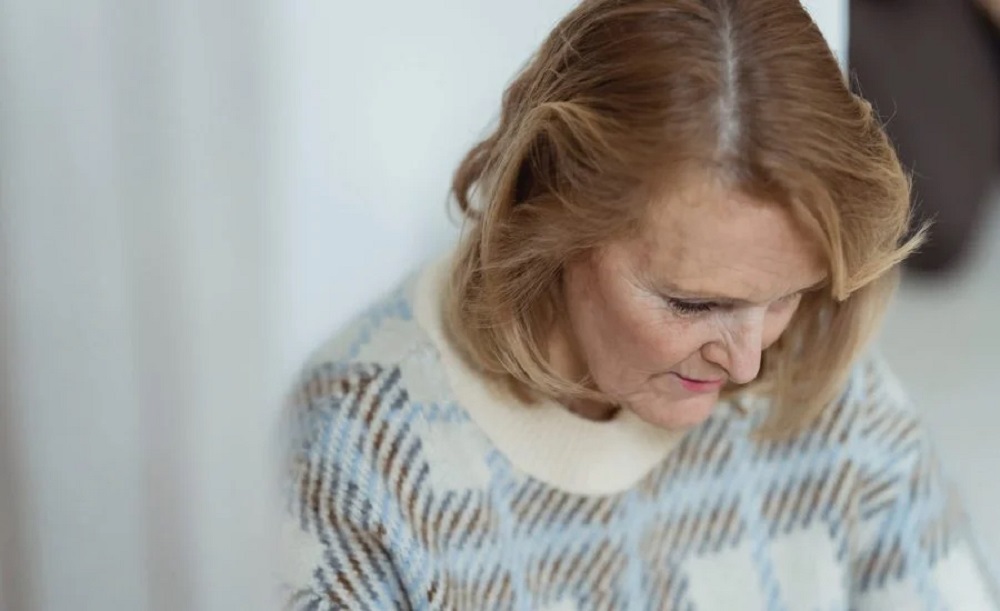The article “Are you entitled to anything when your ex-spouse dies?” was originally published on MoneySense on July 5, 2021. Photo by Teona Swift from Pexels.
Ginette wonders if she can claim survivor benefits although she and her late former husband were no longer together.
Q. My ex-husband died a month ago. Am I allowed any amount of his CPP or his military pension, although we were divorced?
–Ginette
A. I am sorry for your loss, Ginette. As you may already know, the end of a marriage or common-law relationship doesn’t automatically sever all ties between partners.
Canada Pension Plan (CPP) contributions made while common-law or married spouses were living together can be divided upon separation or divorce. This is called CPP credit splitting, and it may result in a spouse who made lower contributions to CPP receiving a higher retirement pension in the future.
The CPP pays a survivor’s pension upon the death of a CPP contributor. To be eligible, the survivor must have been legally married to the deceased or have been their common-law partner. A legal spouse who is separated may qualify for the benefit; however, a divorced ex-spouse is not entitled to a survivor’s pension. As a result, Ginette, you will not have any CPP survivor’s pension entitlement.
Before addressing the military pension question, I want to offer some context for other readers.
When a couple separates or divorces, a division of property generally takes place to equalize the spouses. That property division may include a pension plan. A non-pensioner spouse may be entitled to up to half of the pension earned during the relationship but may agree to receiving a larger share of other assets instead of a share of the pension.
If the pension is a defined contribution (DC) pension comprised of mutual funds, the division is relatively easy. The appropriate dollar amount can be transferred to a locked-in Registered Retirement Savings Plan (RRSP) for the recipient spouse on a tax-deferred basis.
If the pension is a defined benefit (DB) pension with future monthly payments the pensioner has not yet started to receive, the pension needs to be valued. An actuarial calculation is done to determine the present value of the future pension benefit that has been earned. A portion of the pension value may be transferred to a locked-in RRSP for the non-pensioner spouse, though some may be considered a taxable payment to them. If the non-pensioner spouse is in a pension plan with their own employer, they may be eligible to transfer their share to that plan to increase their future benefits.
If the pensioner has already started to receive their pension, the non-pensioner spouse may be entitled to a portion of the monthly payment. Interestingly, if there was a survivor benefit at the time the pension began, the non-pensioner spouse’s pension income could increase upon their ex-spouse’s death. As an example, imagine a pension of $1,000 per month that was divided 50/50 upon divorce and after retirement. The spouses would each receive $500 per month. If the pension had a 60% survivor benefit, on the death of the pensioner, their ex-spouse could see an increase in their pension to $600 per month.
Anyone separating or divorcing should seek legal advice from a family lawyer about the division of pension and other assets.
In your case, Ginette, it sounds like you and your ex-husband divorced and divided your assets. Presumably, you have already received any pension entitlement as part of your share of the property division. If you were in receipt of a monthly pension that began before your divorce, you may be entitled to a survivor benefit. However, there are generally no survivor benefits to ex-spouses for pensions that begin after divorce.
It is possible you were still listed as the beneficiary of your ex-husband’s pension. There could be cases where benefits are payable to a beneficiary (a pension with a guaranteed number of months of payments, for example) that could include an ex-spouse. It may be complicated if your ex-husband had remarried or was in a common-law relationship at the time of his death.
If your ex-husband’s military pension was being paid by Veterans Affairs Canada, you may be entitled to a pension. The Pension Act’s policy for separated spouses, former spouses and former common-law partners’ eligibility to receive a pension includes the following:
“In accordance with subsection 47(1) of the Pension Act, a separated spouse, former spouse, or former common-law partner may be eligible to receive a pension if there was a separation, judicial separation, or divorce pursuant to a written agreement, including a court order, where alimony, maintenance, support or an allowance was awarded.”
If you and your ex-husband were financially independent, divorced prior to his beginning to receive pension benefits, and he was not paying or providing support to you, it is unlikely you are entitled to anything, Ginette. To be sure, I would encourage you to contact the pension administrator for advice specific to his pension.
Jason Heath is a fee-only, advice-only Certified Financial Planner (CFP) at Objective Financial Partners Inc. in Toronto. He does not sell any financial products whatsoever.

